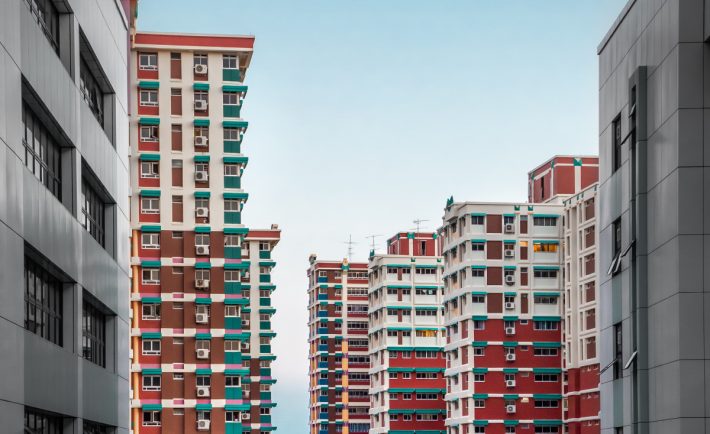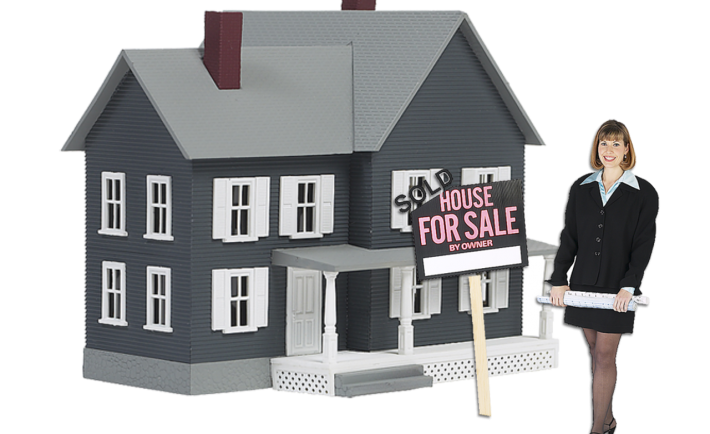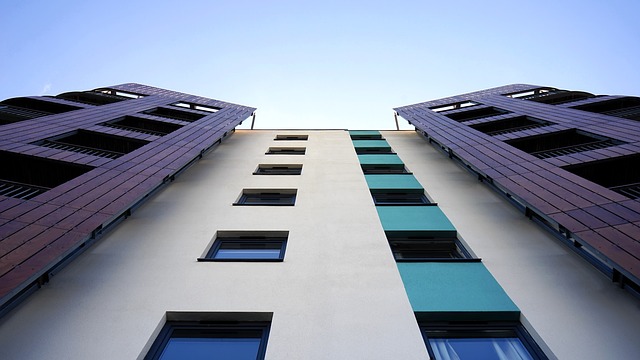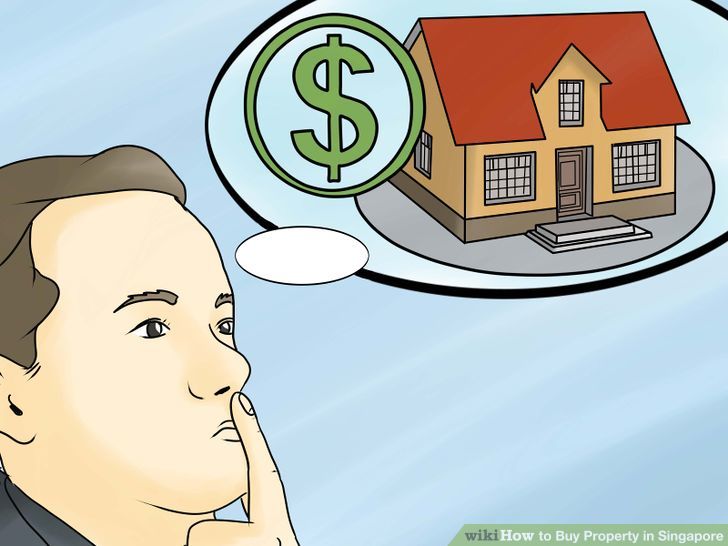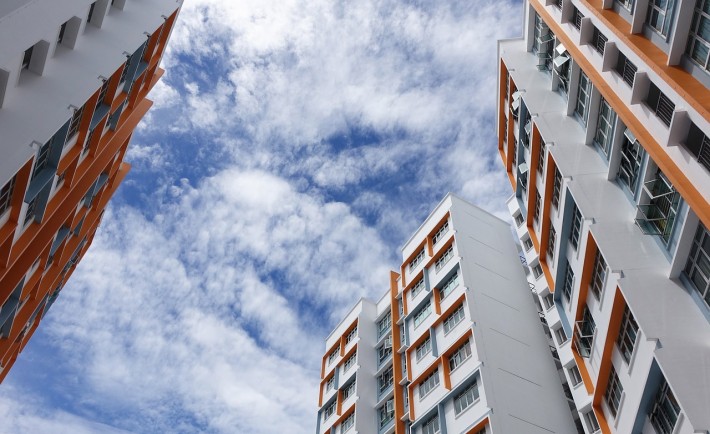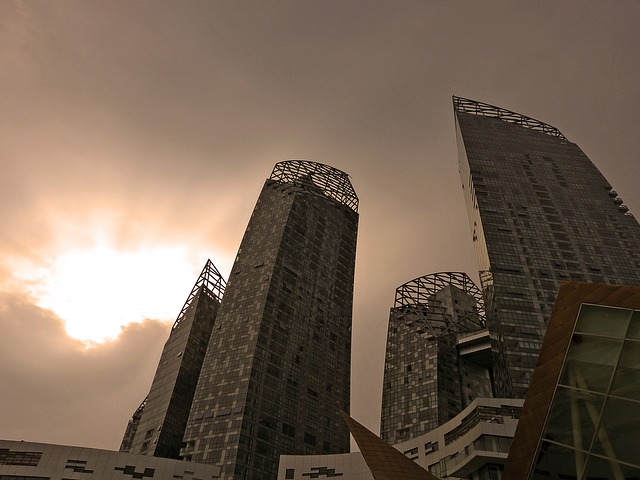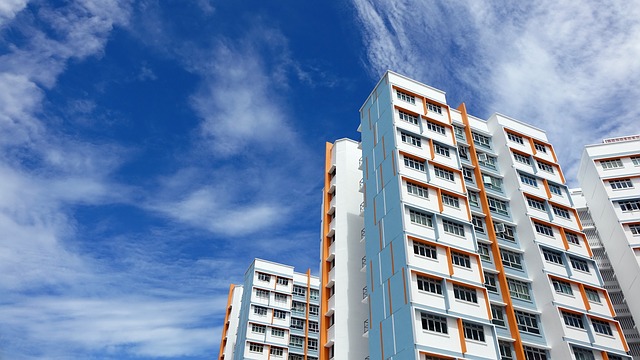The results are out. Based on flash estimates from the Housing and Development Board (HDB) on Monday (Jan 4), Singapore HDB resale prices increased by 0.1 per cent in 2019 to 4.8 per cent in 2020.
The HDB calculations also found that the resale price index, which includes statistics on the overall price fluctuations in the resale market for public housing, grew from 133.9 to 137.8.
Most significant quarterly rise in about 10 years
OrangeTee & Tie’s head of research and consultancy Christine Sun shared that the highest quarterly jump in around 10 years was the price spike in the fourth quarter of 2020. With a 3.8 per cent rise, the last peak was reported in the third quarter of 2011.
“The market recovery can be attributed to the slew of policy changes made over the past two years to make public housing more affordable for Singaporeans and enhance the attractiveness of older flats,” said Ms Sun.
She added that numerous new flats that demand higher prices have also been transacted over the past few months. This may have raised the total price index last quarter.
Flat at Pinnacle@Duxton sold at S$1.258 million
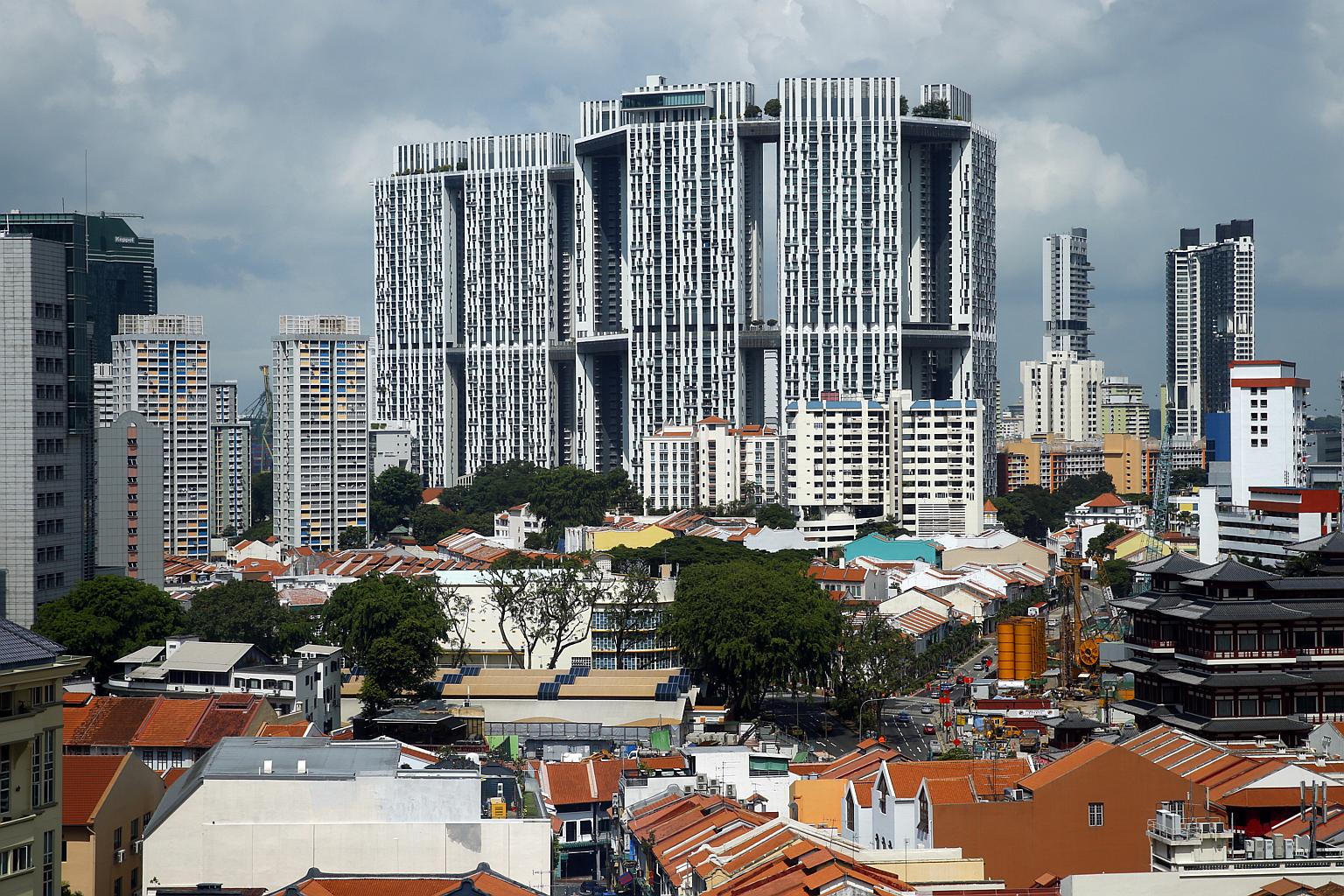
Image Credits: The Straits Times
For selected flats, some buyers were willing to fork out large sums. Up till November 2020, a whopping number of 72 resale flats were sold for over S$1 million. This includes one at the Pinnacle@Duxton, which recorded a sale price of S$1.258 million last September.
Ms Sun said that the long time of completion for recent Build-to-Order (BTO) releases and growing private home prices will continue to shift demand to the HDB resale market.
“Couples who are still doing well in their jobs may proceed with their upgrading plans, while those who are still affected by the pandemic may downgrade from private housing to HDB flats,” she noted. “This may result in more flats being put on the market as well as more flats changing hands in the coming months.”
Prices of resale flats are expected to rise further
According to the expert, prices for resale flats are projected to climb further by 2 per cent to 5 per cent this year. HDB said buyers may look forward to more specific data for the fourth quarter of 2020 on Jan 22.
Come February, HDB will offer about 3,700 BTO flats in Bukit Batok, Kallang Whampoa, Tengah, and Toa Payoh. There will also be another 3,800 BTO openings in Bukit Merah, Geylang, Tengah, and Woodlands in May.
“Given the economic uncertainty due to COVID-19, HDB is monitoring the housing market closely and will calibrate the supply if required,” said the board.
With that said, private property prices in Singapore are following suit.
Prices increase by 2.1 per cent in the fourth quarter
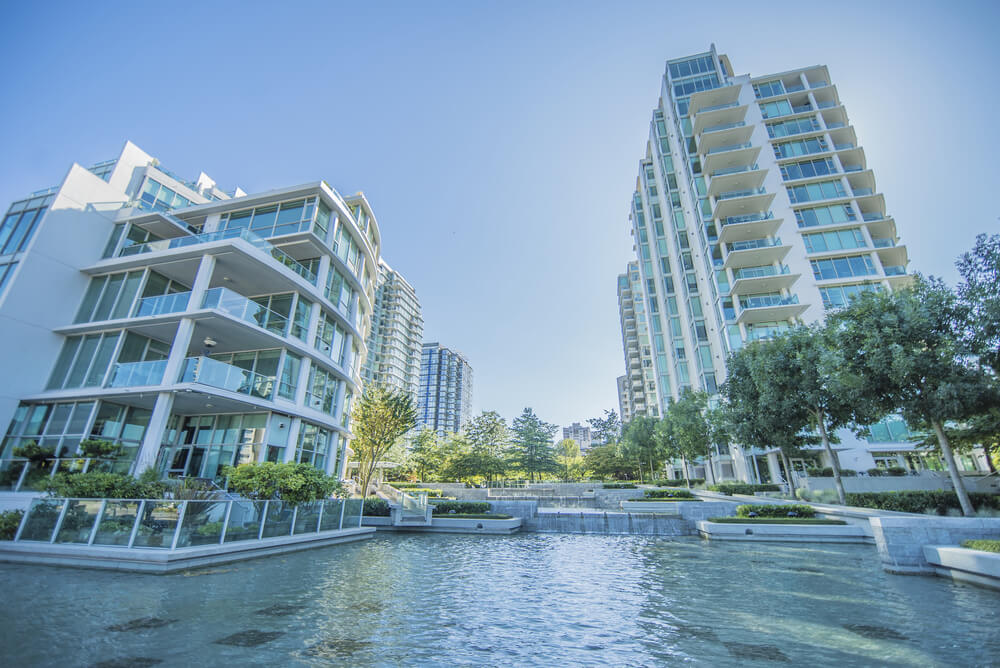
Image Credits: Ohmyhome
The Urban Redevelopment Authority (URA) shared today (Jan 4) that in the fourth quarter of 2020, Singapore’s private property prices increased by 2.1 per cent compared to the third quarter.
Ms Sun said that after the second quarter of 2018 when prices increased 3.4 per cent quarter-on-quarter, the fourth-quarter surge was the highest quarterly rise. This is due to the remainder of the Central Region, which grew by 4.8 per cent in the fourth quarter, and the main Central Region, where prices rose by 3.3 per cent.
“There were a number of new projects launched in the fourth quarter of this year that could have driven prices higher in these regions,” Ms Sun remarked.
Analysts share how buyer sentiments may improve in 2021
A substantial amount of liquidity currently circulating in the financial sector will fuel Singapore’s property market. Buyer sentiments will pick up more on the growing anticipation of the vaccine and reopening under phase 3.
“Phase 3 could reflect potential economic stabilisation and opportunities for longer-term property price appreciation,” said Property analyst Ong Kah Seng.
“Overall private home prices may rise by 1 to 4 per cent while prices of new homes may grow at a faster pace of between 2 and 5 per cent in 2021,” Ms Sun added.

